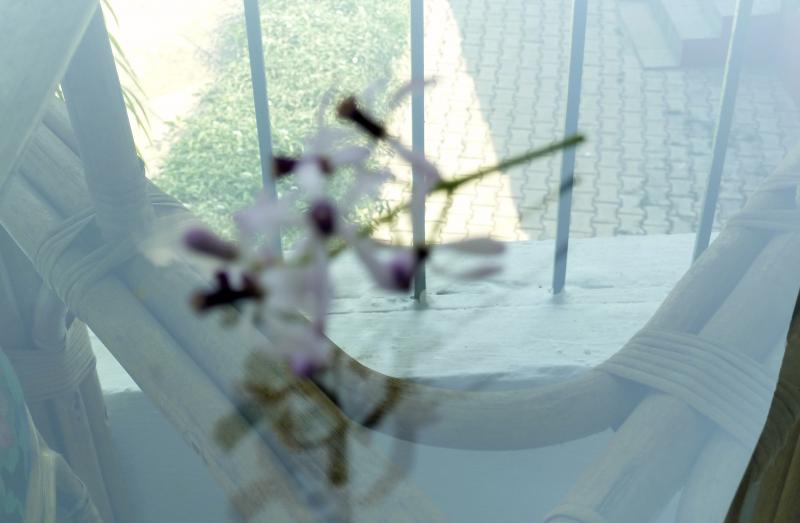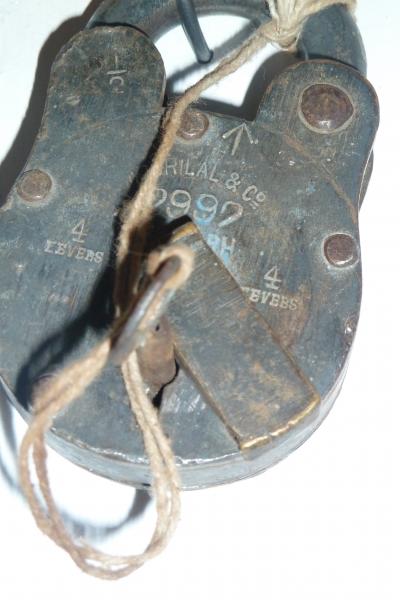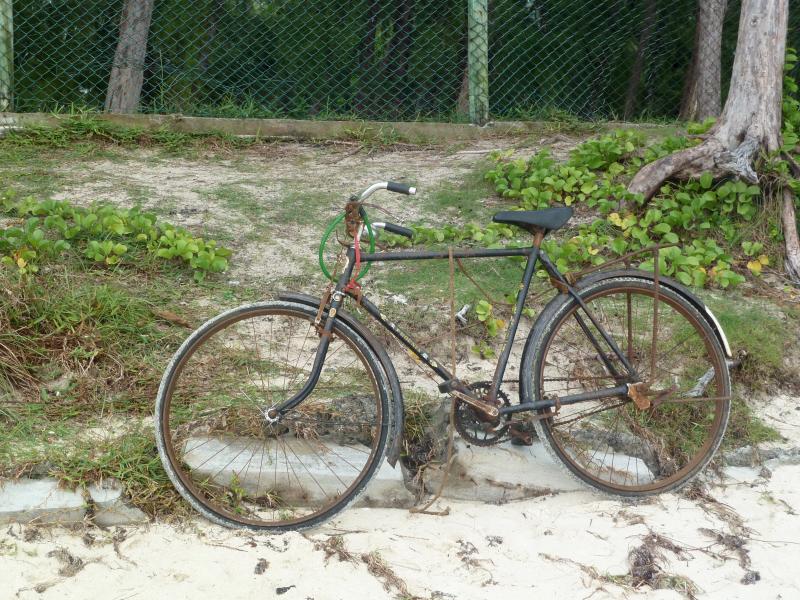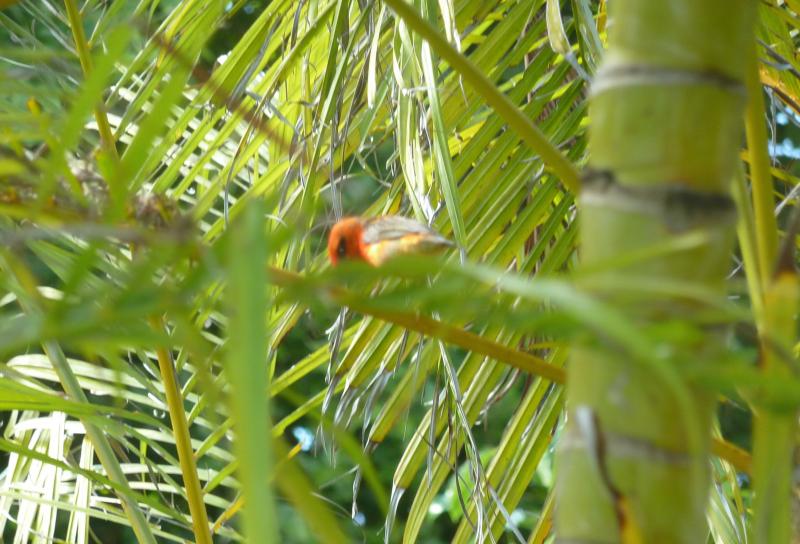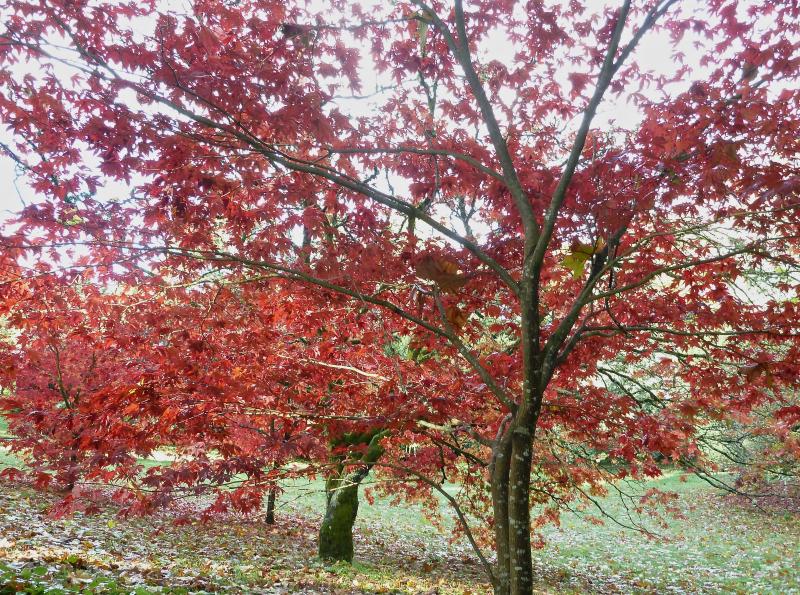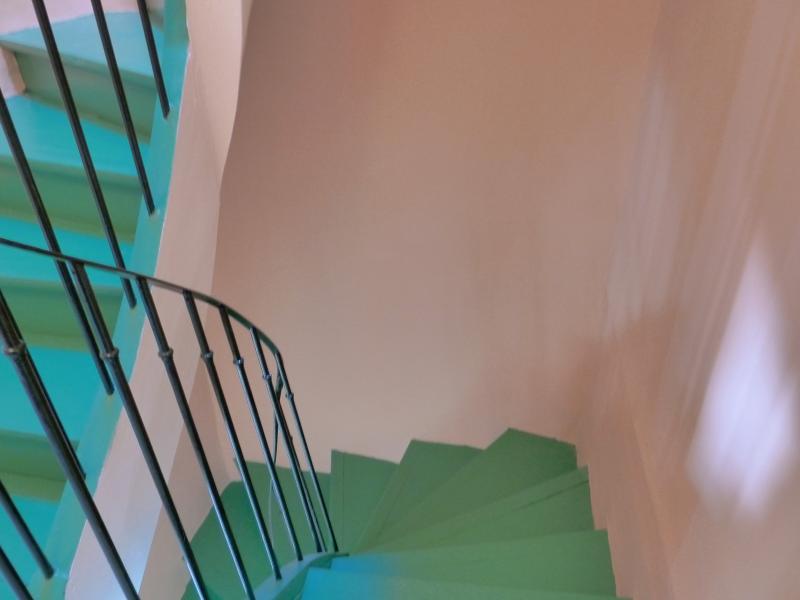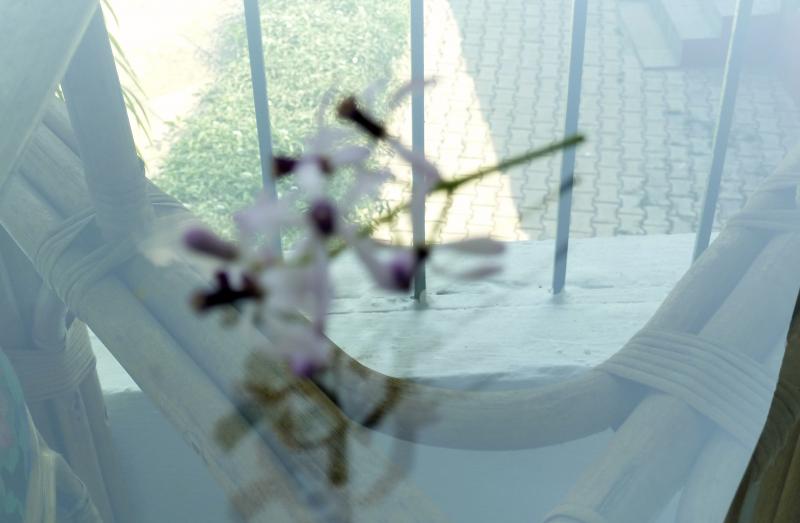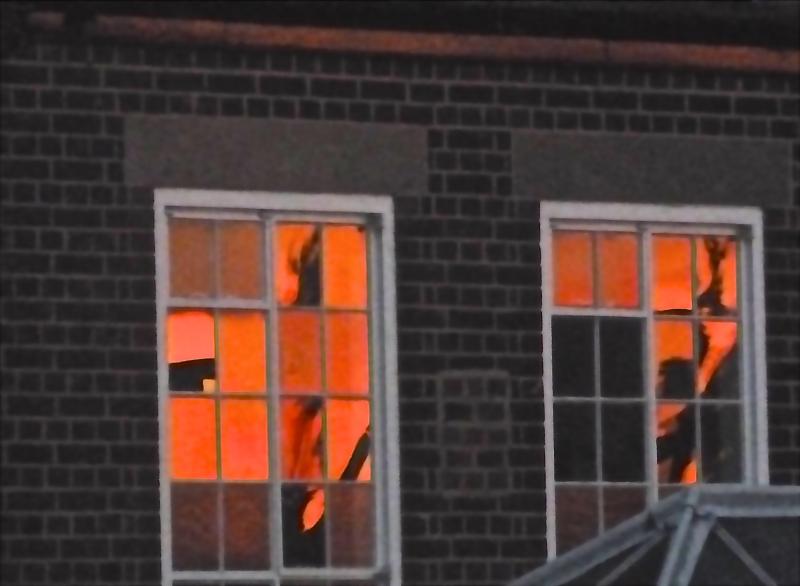
Babaji in Totnes, Devon
Begging is probably the lowest rung of the social ladder: a visible indicator of the state’s failure to succour the have-not and Singapore possibly the only country in the world that is beggar-free. Not a great deal of shame is associated with asking for a hand-out in the West, particularly when practised by one of my old students right in the centre of Oxford.
Well doped, she stepped out of the shadows and whined something about needing 50p for bread. I threatened to call her mother, feeling like the proverbial Outraged from Tonbridge Wells. She must have been completely out of it, because usually it’s the students who provide a soft touch for the drunken Irishmen stumbling down St Giles. Sometimes I see them gamely trying to focus their glazed vision when earnest undergrads from one of the Evangelical churches like St Aldate’s tries to engage them in uplifting conversation. Once in a while lucky supplicants have been ceremoniously escorted to guest night dinners in colleges, to the mortification of the occupants of High Table.
All over Europe young Rumanian women in long dresses, with a trail of grimy children clutching at their flounces, are hard to shake off, especially when strolling down the glitzy Karnterstrasse of Vienna. Apart from their gold teeth they bear a striking resemblance to North Indians. Many years back, a beautiful Rumanian trapeze artist who had travelled with a circus to a small Punjab state caught the eye of Maharajah Ranbir Singh and became his Rani. But even before Rumanian beggars arrived in cities like Vienna, begging was a a familiar enough sight, with pathetic looking men from the countryside squatting on the pavements, hands cupped and crookedly written signs that read “Ich habe Hunger. Keine Arbeit” (Unemployed and hungry). Their humility was worn like a hair shirt, subservience like a mantle and very different from the cheerful anarchy seen in the newcomers from the east.
The Maharajah of Jind and his Rumanian Rani, Olive
As we hurtle down the fast lane of the electronic age into another stage of human evolution (when our instincts will have to develop extra antennae to cope with unruly and unpredictable environments) the humanly messy phenomena of begging can offer some necessary checks and balances. It is old as wine, older than bread. William Blake’s lines remind us that “Mercy hath a human heart, Pity a human face And Love a human face divine.”
In the Cathedral at Ulm, in Southern Germany, oblivious to time and space in the great Gothic gloom, I found myself surrounded by a straggle of mendicants from Croatia. They were not impressed by the DM 10 note I proffered, which was irritating but they seemed in perfect keeping with the medieval artefacts around me.
From time to time begging became an extraordinary activity in the social landscape of the West, but now it is the norm again. A few weeks later, I was travelling on the train from Milan to Bergamo in Northern Italy. As we pulled out of the grandiose edifice erected by Il Duce, the compartment door slid open and a young African asked pleasantly if I might help him with the cost of his fare.
Rather more pleasurable than begging (though it depends on one’s mood) is busking. On Saturday mornings Oxford’s Covered Market resounds to the strains of Eine Kleine Nachtmusik and other well-worn classics being dealt mortal blows with fierce concentration by students looking to supplement their grants. Their brave attempts to gentle the hustle and bustle are interrupted buy the inelegant squawking of a five-note mouth organ handled by a bag-lady trying to retain her self-respect.
But there are buskers and buskers. In Covent Garden highly professional regulars are kept in line by a timetable and allotted pitches where they vie with jugglers and fire-eaters. My daughter, now a concert violinist, used to come home richer by hundred pounds earned in the space of an hour fiddling in the open air.

Eva and her band in Upper Fisher Row Oxford
One summer while I was in Germany exploring Freiburg’s Altstadt, my ear caught some heavenly sounds a few streets away- they were audible, because like most German towns and cities there is a motor-free zone in the centre.
I followed the music to a little linden-shaded square where four musicians were playing their hearts out to an audience four or five deep. A young woman was singing as she played a mean fiddle, accompanied by another on a cembalo and two men on bass and a second violin. The cembalo resembles a small fortepiano, but gives out a harp-like sound with harmonics which hum and shimmer as the player strikes the strings with two wands at the speed of lightning. The singer sang one melody after another in a language incomprehensible to the bystanders, in a voice so sweet and true, so ringing with passion, with mirth, despair and sadness that the words became clear anyhow. She was no ordinary busker but an artist of distinction, a nightingale bursting human bonds and casting a spell on us all.
It became apparent that her spell carried carried an excess of power; human kind cannot bear too much reality. Her songs created discomfort, lancing emotions normally kept under surveillance. They were starting to generate angst and unsettle some people to move away (although of course these people might have had dental appointments).
I must have listened for nearly three hours. During a pause I ran across the square and fetched ice-cream cones for the musicians and learned from Helena that she was a music teacher from the Czech Republic. She and her companions were travelling around in a battered VW camper van, stopping to give al fresco concerts whenever they needed to earn some money.
The only other time I have heard a troubadour to match Helena’s divine voice was when a bearded old sadhu stood outside my parents’ house in Defence Colony, accompanying himself on a harmonium. He had the voice of an angel and was preparing for his annual pilgrimage to Vaishno Devi by collecting money and supplies for his long trek.
He had the same faraway look as Helena, as though he were communing with a source so deep inside himself that it would only meet with the ethereal beings somewhere out in space.













